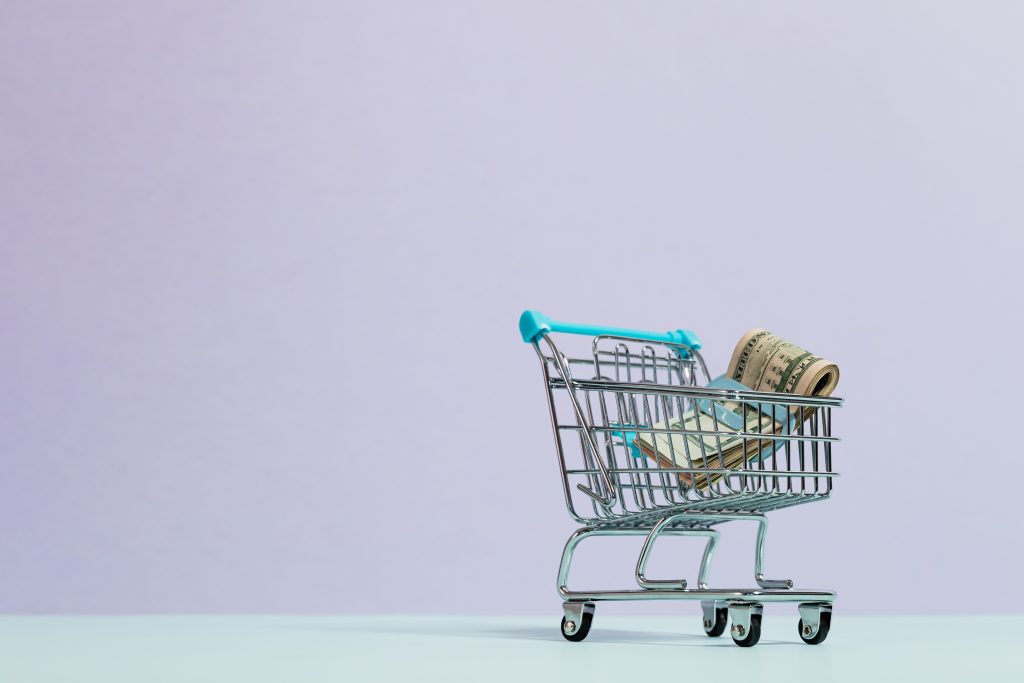
10 Minutes
CONTENTS
Whether it is a new piece of clothing, the latest gadget, or even food, everyone experiences a desire to splurge from time to time. Indulging in these occasional overspending habits is certainly not bad, especially when someone is doing it in moderation without disrupting their finances. However, for some people, this urge to shop becomes uncontrollable to the extent they frequently find themselves spending beyond their means on things they do not need.
Known as shopping addiction or compulsive buying, this behavioral problem may sound trivial but can be as damaging and problematic as alcoholism or gambling. Fortunately, there are always different ways to break free from this addiction with the help of family, friends, and mental health professionals.
FAQs
A UNIQUE METHOD TREATING Behavioural
a successful and proven concept focusing on underlying causesBehavioural TREATMENT LASTING APPROACH
0 Before
Send Admission Request
0 Before
Define Treatment Goals
1 week
Assessments & Detox
1-4 week
Psychological & Holistic Therapy
4 week
Family Therapy
5-8 week
Aftercare
12+ week
Refresher Visit
Behavioural Insights
latest news & research on Behavioural
Gambling Addiction Treatment And Rehab
Gamblers' treatments range from intense treatment to group-based rehabilitation. Therapy for gambling addiction is not really a one-size-fits-all solution
read more
Crypto Addiction
When something is capable of stirring up an extreme feeling of euphoria or utter disappointment in you, it is probably addictive
read moreDopamine Addiction
Dopamine addiction occurs when we engage in behaviors that cause our brains to release excessive dopamine, leading to a cycle of reward and addiction
read more































































